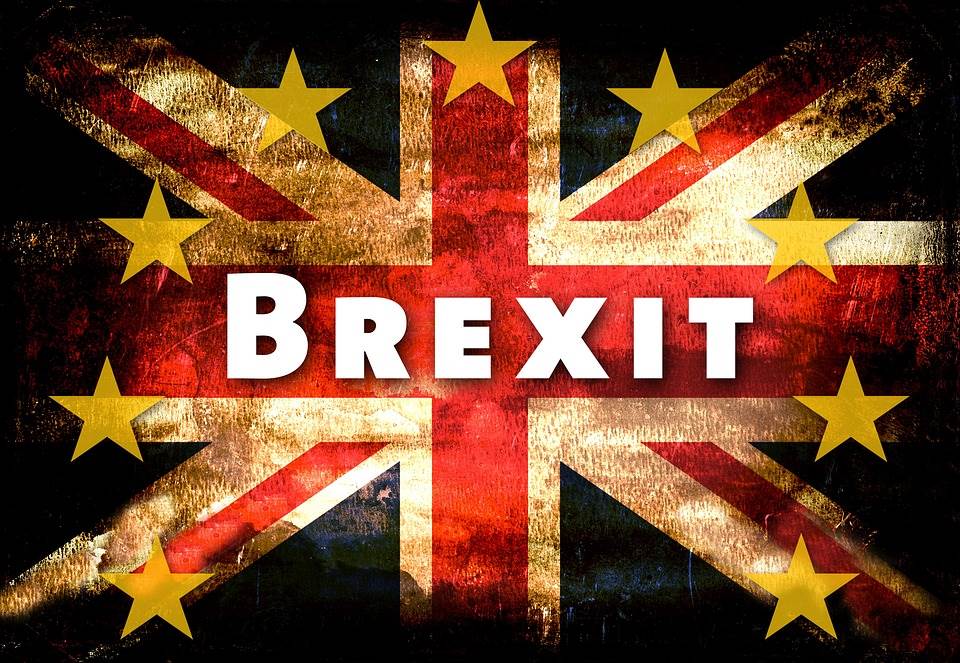 As the British government continues to lose procedural votes in Parliament thanks to the disloyalty of some members of its own political party, and as it looks all but certain that Parliament will next Tuesday vote down the provisional Brexit deal which the British Government agreed with the European Union, while the UK is already legally committed to leave the European Union on March 29th, one question comes into my mind. If this situation makes it quite likely that the U.K. will be “crashing out” without a deal, and if that would lead to terrible economic losses to the British economy – why the hell is the British Pound looking so stable?
As the British government continues to lose procedural votes in Parliament thanks to the disloyalty of some members of its own political party, and as it looks all but certain that Parliament will next Tuesday vote down the provisional Brexit deal which the British Government agreed with the European Union, while the UK is already legally committed to leave the European Union on March 29th, one question comes into my mind. If this situation makes it quite likely that the U.K. will be “crashing out” without a deal, and if that would lead to terrible economic losses to the British economy – why the hell is the British Pound looking so stable?
There is one thing you should thank free markets in currencies, stocks, commodities for, even if you don’t make any money from them. When governments are lying shamelessly to their own people, and when most of the media is trying to whip up hysteria to serve their paymasters’ agenda – nothing exposes the lies like a calm or rising underlying market. For if Britain really was on the brink of a disaster, the Pound would be falling heavily, not trading near its highest price against the U.S. Dollar seen over the last four weeks! Even against the Euro, the Pound is not even close to looking strongly bearish.
So, what is the lie? Is it that the prospect of Britain leaving the E.U. with a “no deal” is remote, or is it that “no deal” wouldn’t create the spectacular chain of catastrophe with which it is typically associated? Most of the British media pushes both narratives relentlessly.
While “no deal” may not be as damaging to the British economy as it is widely predicted to be, the major distortion here is over the chance of “no deal”. I’ve been saying this for some time and arguing that it may provide an opportunity to buy the Pound cheap before it shoots up when a deal is agreed, quite possibly at the last minute before 29th March.
I think recent events are proving me right. Despite the refusal of Parliament to vote for May’s deal, the impasse is only the result of temper tantrums and political maneuvering. Yesterday’s votes show that when the crunch comes, a majority in Parliament will vote for a bad deal over “no deal”. The refusal to vote for May’s deal is primarily down to the many members of Parliament who are determined to subvert the democratic decision of the British people playing games to try to bring that about, and several others who are just enjoying the luxury of having the time and opportunity to show what they think of this poor deal.
In the end, something close to May’s deal will either be agreed, or the people’s vote in 2016 will be stolen and Britain will remain in the European Union while losing its democracy. In either scenario, the Pound is very likely to make a strong rise. It is just a question of timing.
No deal is a possibility, but a very unlikely one.
